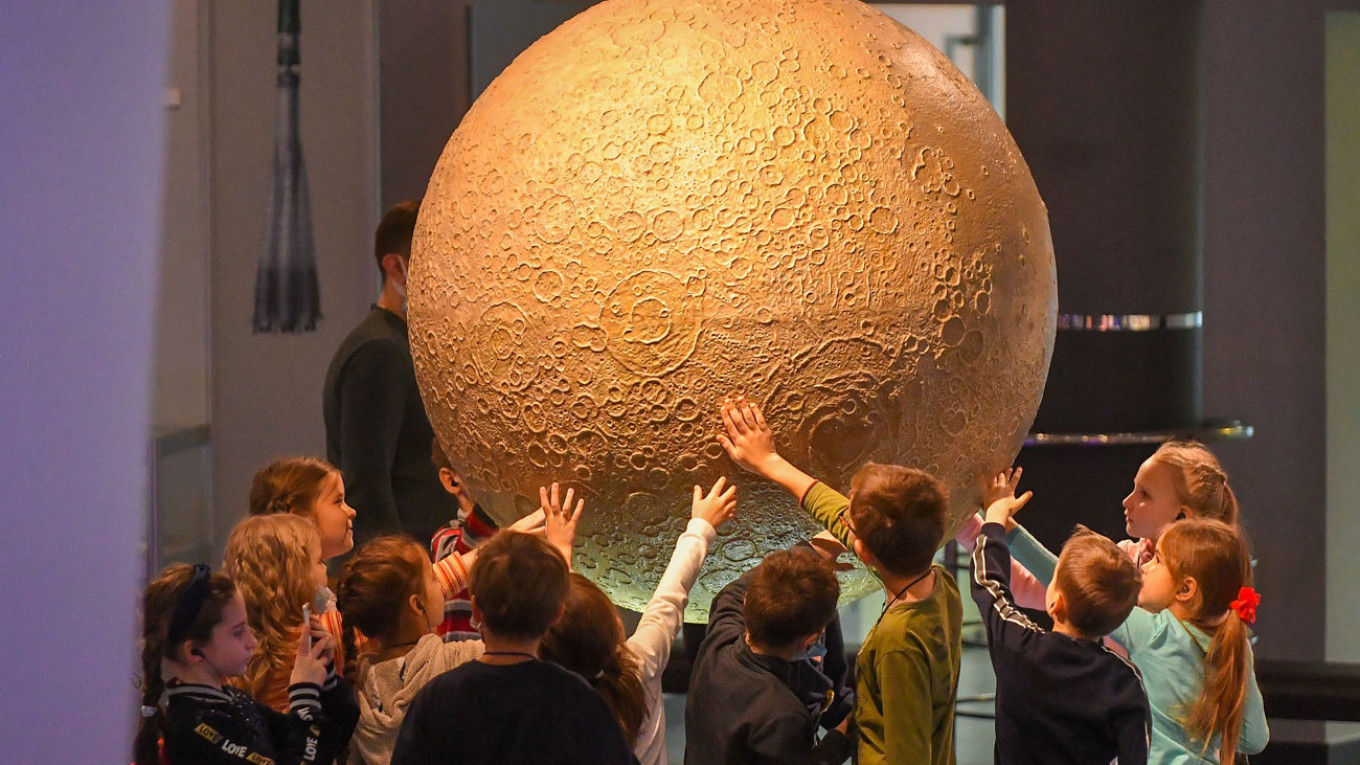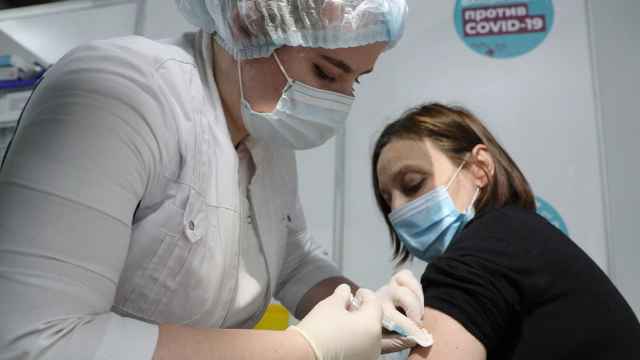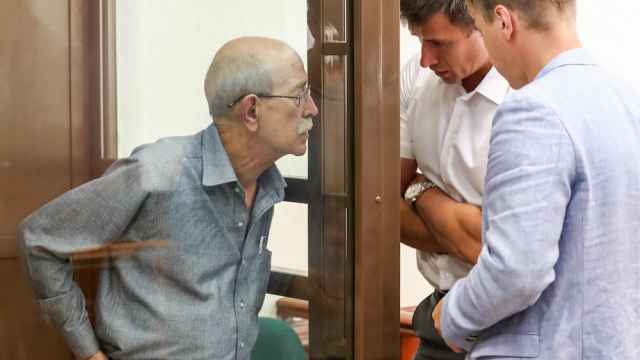Down with Galileo
I graduated from middle school in Russia and grew up with an atheist version of the Galileo story. According to Soviet tradition, he was punished for his theory that the sun was in the center of the universe and not because he valued experimentation over God’s word.
Maybe this is the reason why surveys in Russia constantly focus on the question, “Does the earth revolve around the sun?” In 2022, according to VTSIOM, 35% gave the wrong answer to the question. The figure was a bit better a while back: in 2007 only 28% got it wrong.
Is it a lot or a little? Neither, according to available data from some other countries. America’s National Science Foundation survey (2014) showed that 25% of Americans think the sun orbits the earth. The available data from the EU is a bit outdated: In 2000, 17% of Germans thought that the sun orbits the earth, as did 26% of Europeans overall (2001). In Israel only 19% of respondents failed to give the correct answer. While in India (2006) only 52% of respondents said the earth revolved around the sun.
State exams vs. television
“One-third of Russians believe that the sun revolves around the earth” is good clickbait, and as is the case with clickbait headlines, it does not truly represent the results of the survey. First, although the percentage of people who thought the earth was the center of the universe grew since 2014 (from 28 to 35%), the percentage of correct answers to the majority of questions grew, too. In fact, VTSIOM concluded that “the general level of the population’s scientific literacy is gradually rising.”
The other questions people got right concerned radioactivity, GMO, and human evolution, which suggests that Russians give correct answers to questions that concern their everyday lives. That’s another positive sign.
More importantly, scientific illiteracy is concentrated in the over-60 set, while young people — under 24 years old — are highly literate. This debunks the popular myth that “Soviet school education was the best in the world” and much better than the current education of the “Unified State Exam generation.” Citizens who studied in Soviet schools failed to recognize very basic scientific concepts unlike recent graduates, whose knowledge at graduation was monitored through centralized testing — the Unified State Exam that is so roundly criticized.
The second major data point is that TV brings scientific myths, not scientific literacy. VTSIOM confirmed that people with low scientific literacy mainly name TV as a source of information, while the highly literate group gets their knowledge online. State-controlled TV does not educate people, while the internet — criticized as “highly unsafe” by conservative politicians — does.
Does it really matter?
Scientific literacy is a hot topic among science communication specialists hoping to make a smooth and friendly relationship between science and the public. But why do we really want people to know more about science, and what exactly do we want them to know?
The ultimate goal is more about trust rather than facts. We want people to trust science to improve their everyday lives — for example, we want to them to prefer evidence-based medicine to superstition.
That’s why judging scientific literacy based on several simple questions is gradually going out of fashion. For example, China is putting a lot of effort into science education. To monitor its quality, experts use a complex indicator of civic scientific literacy (CSL). They are proud that CSL has grown from 1.6% in 2005 to 10.56% in 2020, and they are investing heavily in science museums and centers to try get the public to engage with science and not just come to be informed.
They adopted the indicator from the works of American researchers that estimated the level of CSL of Americans as 28%. In the European Union the Eurobarometer series of studies recently focused directly on values rather than scientific facts. The 2021 study showed that 86% of citizens support science, and around the same figure expects positive changes in their lives thanks to solar energy and vaccines.
In Russia the correlation between scientific knowledge, values and other knowledge is very stark. The population with the lowest scientific literacy lives far from big cities. This is the result of the state’s systematic neglect of the rural population in everything, including education. This is the social class that is sending the majority of soldiers to war in Ukraine. Why don’t they or their parents refuse to sign a contract? Valentina Melnikova, the executive secretary of the Union of Committees of Soldiers' Mothers of Russia explained in an interview to journalist Catherina Gordeeva on the show “Skazhi Gordeevoi”: “You can’t expect anything from them,” she said.
That is, their level of functional literacy is absolutely insufficient to take any action. They don’t know the basics of physics, but neither do they know the basics of their civil rights, options to defend themselves, or even that they have the right of free will.
Of course, I’m happy if people know that the earth revolves around the sun. But as a professional science communicator I wonder if this bit of scientific knowledge that makes their lives better. And the answer is: No, there is so much more.
A Message from The Moscow Times:
Dear readers,
We are facing unprecedented challenges. Russia's Prosecutor General's Office has designated The Moscow Times as an "undesirable" organization, criminalizing our work and putting our staff at risk of prosecution. This follows our earlier unjust labeling as a "foreign agent."
These actions are direct attempts to silence independent journalism in Russia. The authorities claim our work "discredits the decisions of the Russian leadership." We see things differently: we strive to provide accurate, unbiased reporting on Russia.
We, the journalists of The Moscow Times, refuse to be silenced. But to continue our work, we need your help.
Your support, no matter how small, makes a world of difference. If you can, please support us monthly starting from just $2. It's quick to set up, and every contribution makes a significant impact.
By supporting The Moscow Times, you're defending open, independent journalism in the face of repression. Thank you for standing with us.
Remind me later.








